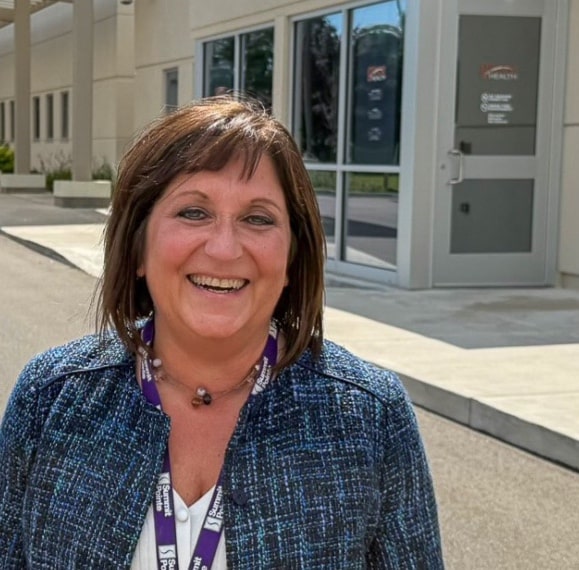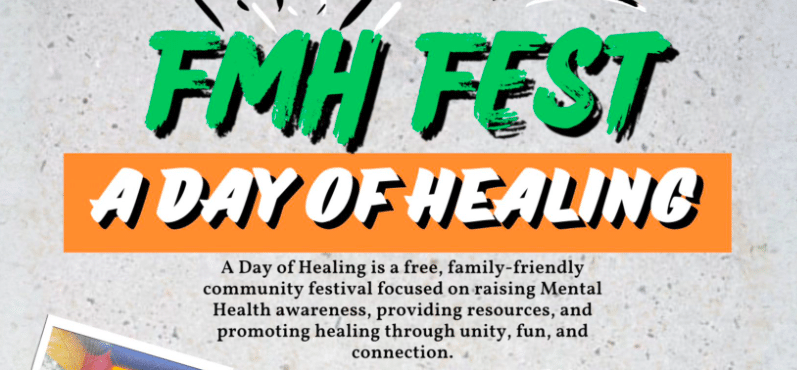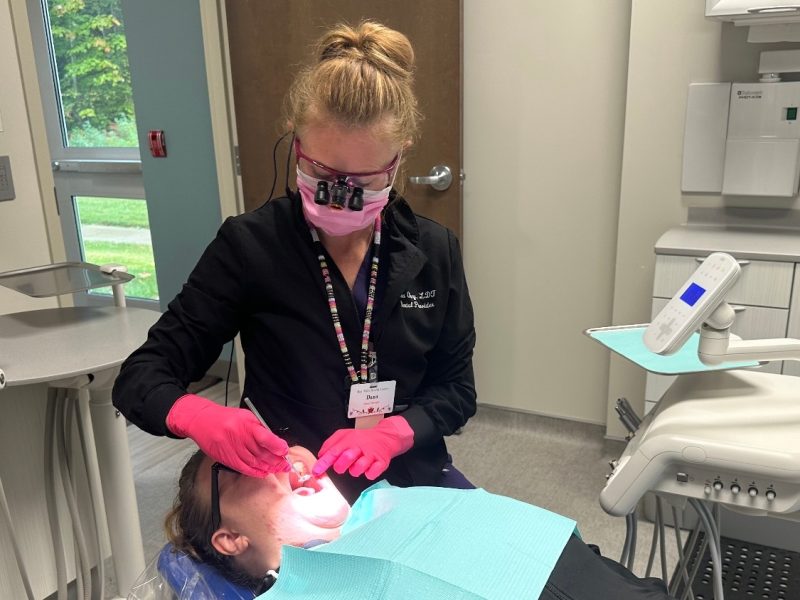“No-wrong-door” policy welcomes immigrants at Genesee Health System
Immigrants and refugees often face stressors that impact their mental health. Michigan’s community mental health agencies can help.

In 2018, the American Immigration Council reported that approximately 695,217 immigrants called Michigan home – roughly 7% of the state’s population. Another 686,382 Michiganders, an additional 7%, were native-born Americans with at least one immigrant parent. And in 2022, more than 2,000 Ukrainians fled war to make their home here.
Immigrants and refugees often face stressors that impact their mental health. Many experience depression, anxiety, and post-traumatic stress disorder. On the bright side, Michigan’s community mental health agencies can provide help, especially the 34 Certified Community Behavioral Health Clinics (CCBHCs), which provide integrated health services to vulnerable individuals no matter what their income or insurance coverage. Genesee Health System (GHS) is one of those CCBHCs.
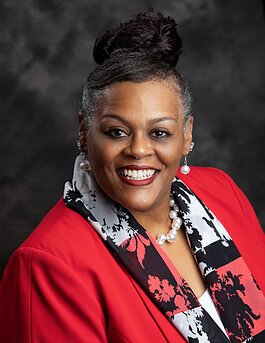
“At Genesee Health System, we support and promote good mental health for every human on the planet. We have a very profound mission that supports recovery, prevention, health, wellness of the body, the mind, and the community,” says Shawn Edwards, GHS senior director of engagement, diversity, and inclusion. “We have a no-wrong-door policy. We welcome all humans through an attitude of cultural humility. With cultural responsiveness, we seek to embark upon educational opportunities for all of our staff, so that we can better help people of various cultures.”
To achieve its goal of providing culturally responsive services, GHS uses a relationship-based model of care that empowers people to be the drivers of their own health and wellness goals.
“Every person’s life is unique with regard to their personal experiences. What is trauma to one person may not be trauma to another. However, trauma in its very simplest form can impact a person’s mental health,” Edwards says. “We have learned that when any human is in a turbulent environment, past or present, the person may have a hard time adapting or coping with stress and pressure.”
Edwards concurs that anxiety, depression, and PTSD are common mental health issues that many immigrants face. Because GHS offers integrated care — physical health and mental health — accessing help for those mental health concerns is much easier not only for immigrants but for all who seek services there.
“We strive for whole-person wellness. When you have whole-person wellness, it contributes to the health of not only the individual, but their family unit as well,” Edwards says. “The body is a very amazing unit that operates congruently with all of its parts. Mental and physical wellness operate together as one.”
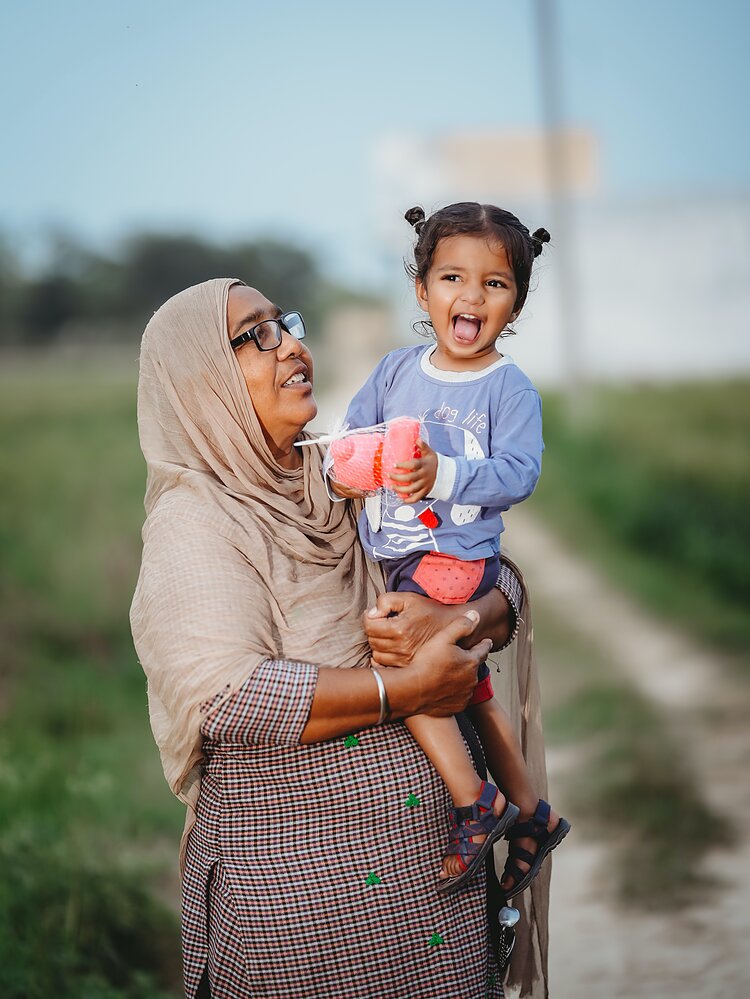
Immigrants face ongoing challenges
In addition to enduring the stresses of leaving family, homes, and country behind — and in many cases war, violence, and poverty — immigrants face new pressures when they arrive here in Michigan. They may encounter discrimination, language difficulties, social isolation, financial difficulty, and bewilderment when faced with navigating employment, education, and health care systems. Those who are undocumented live with fear of being discovered and deported. And like many Michiganders, immigrants face the stigma that can accompany seeking mental health care, a stigma that may be stronger in their own cultural community. These challenges are especially difficult for those with pre-existing mental illness.
“Sometimes people may not know where to turn. They might not feel that they’re in crisis, but they may need someone to talk to. Or it may be that one of their family members is experiencing feelings of loneliness or of being in a crisis,” Edwards says. “At GHS, we offer many options to help meet the needs of individuals in life. We do this in a way that feels right for the individual. So basically, we listen. We like to hear from people themselves as to what may be happening with them before diagnosing.”
Another strategy, GHS guides people to draw upon their own strengths and natural supports — family, their immigrant community, neighbors, their congregation, and spiritual leaders.
“When a person reaches out and contacts us, we’re able to hear what they need,” Edwards says. “We’ll go from there, helping them with the assistance of a care specialist. After we listen to what the person may be experiencing, we’ll help them meet their needs or the needs of their family.”
Edwards invites anyone within Genesee County to call 810-257-3705 to make that connection to a care specialist. Those with urgent behavioral health needs can drop in at the GHS main campus at 420 W. Fifth Ave. in Flint or its Urgent Care Clinic next door at 422 W. Fifth Ave. GHS also has additional locations in Flint and Burton. GHS behavioral health services are available for children and adults with behavioral health diagnoses, intellectual and/or developmental disabilities, substance use disorders, and co-occurring mental health and substance abuse diagnoses. GHS also provides primary care and has an outreach to families impacted by the Flint Water Crisis.
“We are an ally to all cultures and all groups of individuals,” Edwards concludes. “We literally mean it when we say we have a no-wrong-door policy. We’re here to serve the needs of our entire community.”
Estelle Slootmaker is project editor for the MI Mental Health series. You can contact her at Estelle.Slootmaker@gmail.com.
Photos courtesy Genesee Health System. Family photo by Joshua Nuanes/pexels.com. Mother and child photo by M. Nitous/pexels.com.
The MI Mental Health series highlights the opportunities that Michigan’s children, teens, and adults of all ages have to find the mental health help they need, when and where they need it. It is made possible with funding from the Community Mental Health Association of Michigan, Center for Health and Research Transformation, Genesee Health System, Mental Health Foundation of West Michigan, North Country CMH, Northern Lakes CMH Authority, OnPoint, Sanilac County CMH, St. Clair County CMH, Summit Pointe, and Washtenaw County CMH.

